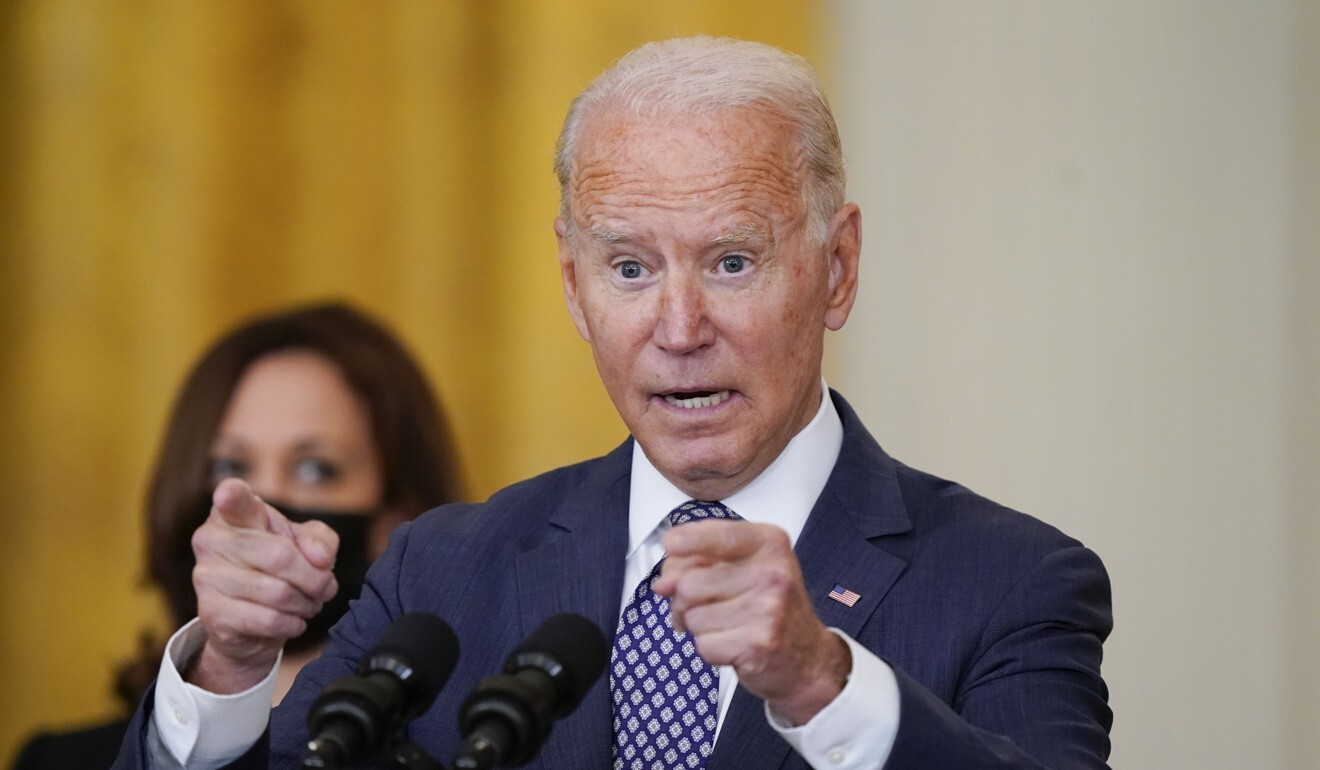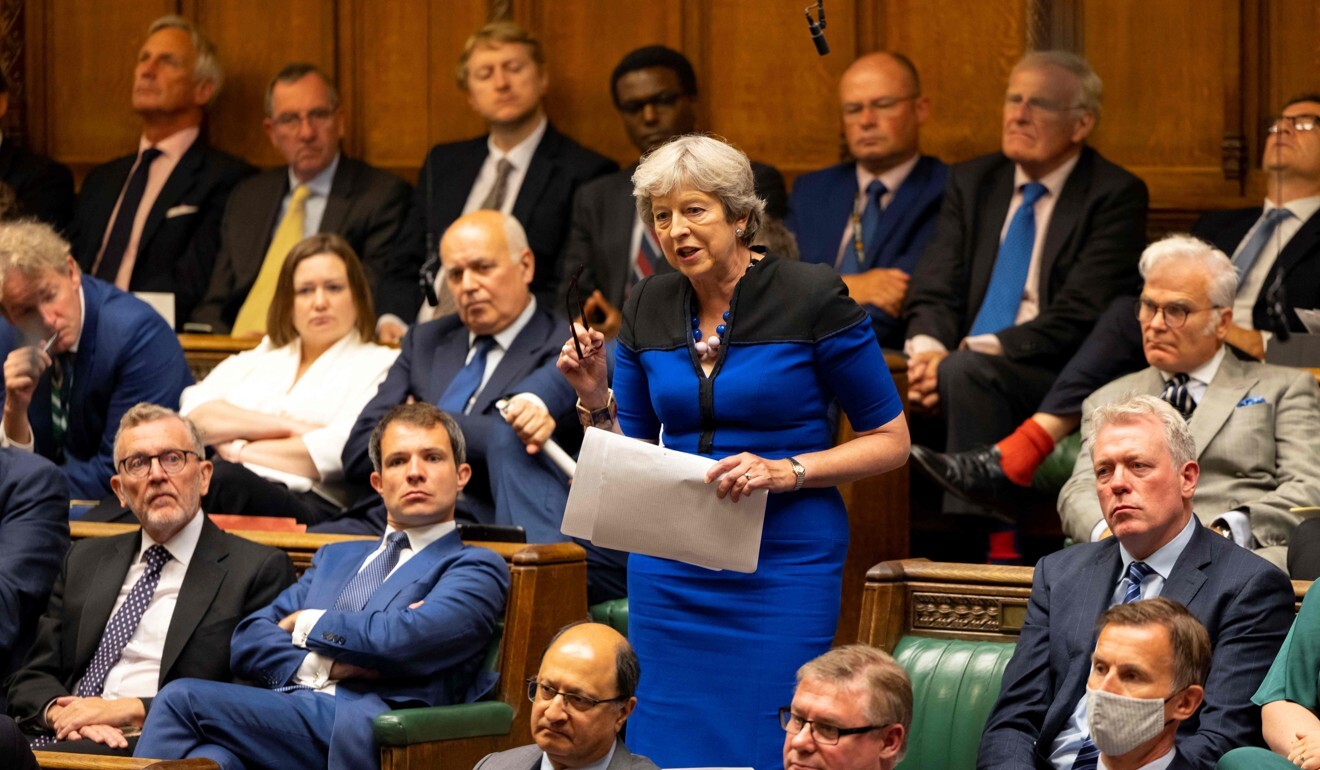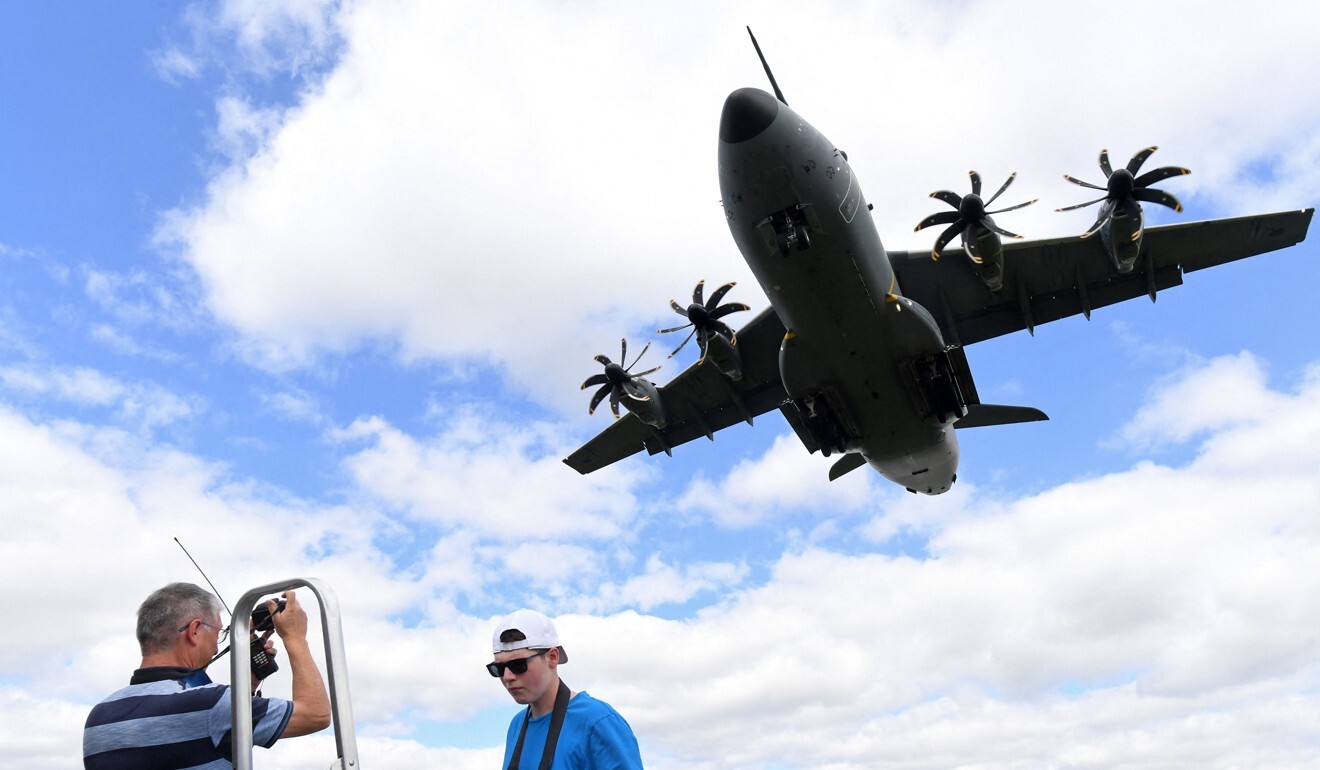Gentle agnosticification might be underway, turning folks away from one theocracy in order to remain relevant with the theocracy coalescing into a recognised domain
Observation: masking appears very unpopular :0))))))) and that might be a tell.
Certainly the season to brush up on geography and geology and mining, and statecrafting, etc
Shall start reading amazon.com


and shall for the first ever time read dada amazon.com Jack's book turkistanilibrary.com


The entire mishmash shall likely be messy to total sh*t hitting the fan, but EU folks believe they must do something, just in case, as the region clearly borders on the Atlantic / Baltic heartland of EU :0)
because there are more people like Rose that learned absolutely nothing
“The EU has an opportunity to help counter China creating a sole sphere of influence in Central Asia by cooperating with Central Asian countries more closely on issues such as drug trafficking and illicit markets, democracy and rule of law, counterterrorism, and economic development,” Rose said.
scmp.com
European leaders, staggered by Afghanistan’s collapse, are wary of China and Russia plans
Beijing and Moscow will ‘have the embassy presence, and this is going to change the geopolitical balance of power’, Josep Borrell, the EU’s top diplomat, says In Britain, members of the ruling Conservative Party take the lead in criticising Prime Minister Boris Johnson’s government
“We need to engage actively with our regional and international stakeholders that have a stake in the future of Afghanistan, and we are aware that Turkey, China, Russia will have a new opportunity to increase the influence there.”
Moreover, for the first time since US President Joe Biden’s inauguration and his extended campaign to pledge to allies that “America is back”, the EU seemed caught short by events and questioning Washington’s reliability.
Borrell challenged Biden’s statements that the Afghanistan mission was never about nation-building, suggesting that the wariness of US foreign policy that developed during the Trump era had not fully subsided.
“President Biden said the other day that state-building was not the purpose. Well, this is arguable. We have been doing a lot in order to build a state in Afghanistan,” Borrell said.

US President Joe Biden, with Vice-President Kamala Harris behind him, taking questions on Friday about the evacuation of American citizens and vulnerable Afghans from Kabul. Photo: AP
In an emergency session of the European Parliament on Thursday, members took aim at the EU leadership, accusing it of being too deferential to US foreign policy and for lacking an exit strategy that would prevent China and Russia from dominating the region.
“If the EU rises against the Taliban, with the level of passion that our high representative is showing today, then the Taliban can continue feeling safe and undisturbed in Afghanistan,” said Assita Kanko, a conservative Belgian member of the European Parliament.
David McAllister, the chair of the parliament‘s foreign relations committee, said that “the EU needs a new approach for Afghanistan and the entire region which takes into account the new circumstances and the fact that other global players – especially Russia and China – will try to fill the vacuum”.
But parliament members had few suggestions on what that new approach should be.
Borrell – citing China, Russia, India, Iran, and Turkey – said “engagement with these countries will have to increase”. He suggested that the EU would strengthen its “strategic autonomy” on foreign policy – that is, strike a path different to that of the US.
Analysts, however, played down the prospect of the US and EU going separate ways on China because of the crisis in Afghanistan.
“Certainly the Trump experience and the manner of the Biden administration’s withdrawal from Afghanistan is seeing European allies going through a series of shocks, but cooperation on China was ultimately going to rely on hard-headed assessments of the benefits of joint leverage rather than a mutual spirit of liberal democratic optimism,” said Andrew Small, a fellow at the German Marshall Fund of the US.
The atmosphere was even testier in a British parliamentary debate, where MPs poured scorn on the country’s “special relationship” with Washington and said that the handling of the Afghan crisis played into the hands of China and Russia.
Of particular note, members of the ruling Conservative Party took the lead in criticising Prime Minister Boris Johnson’s government.
“Nato is the bedrock of European security, but Russia will not be blind to the implications of this withdrawal decision and the manner in which it was taken,” Theresa May, the former prime minister, said. “Neither will China and others have failed to notice the implications.
“In recent years, the West has appeared to be less willing to defend its values,” she added. “That cannot continue. If it does, it will embolden those who do not share those values and wish to impose their way of life on others.”

Theresa May, the former British prime minister, during the extraordinary session of parliament: “In recent years, the West has appeared to be less willing to defend its values. That cannot continue.” Photo: AFP
Tobias Ellwood, the chair of Parliament’s Defence Select Committee, said that despite anti-authoritarian rhetoric at the recent G7 Summit in Cornwall, the West was now “complicit in allowing another dictatorship to form as we become more isolationist”.
“What was the G7 summit all about? The western reset to tackle growing instability, not least given China, Russia and Iran. Take a look at a map. Where does Afghanistan sit? Right between all three. Strategically, it is a useful country to stay close to, but now we have abandoned it and the Afghan people as well. Shame on us,” Ellwood said.
With no presence on the ground, it was not abundantly clear what European politicians would do to counter what they clearly saw as a risk of ceding the region to China and Russia.

A Royal Air Force transport aircraft prepares to land at RAF Brize Norton in southern England, on Wednesday.
Britain has evacuated more than 2,000 Afghans in recent days, Prime Minister Boris Johnson told lawmakers at an emergency debate. Officials aim to take 1,200 to 1,500 people from Afghanistan a day. Photo: AFP
Europe could see China’s influence as an incentive to work more closely with Central Asian republics, beyond the limited technical assistance it already provided, said Caroline Rose, head of the strategic vacuums programme at the Newlines Institute in Washington, a think tank focused on the region.
“The EU has an opportunity to help counter China creating a sole sphere of influence in Central Asia by cooperating with Central Asian countries more closely on issues such as drug trafficking and illicit markets, democracy and rule of law, counterterrorism, and economic development,” Rose said. |




